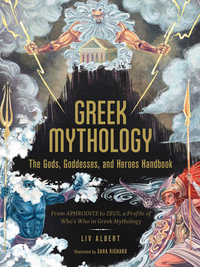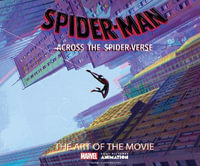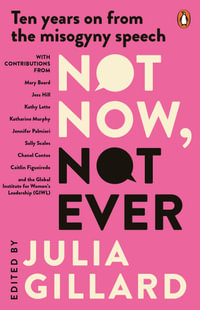
Modesty: A Fashion Paradox
Uncovering the causes, controversies and key players behind the global trend to conceal, rather than reveal.
By: Hafsa Lodi
Paperback | 19 March 2020
At a Glance
Paperback
RRP $69.99
$37.90
46%OFF
Aims to ship in 15 to 25 business days
When will this arrive by?
Enter delivery postcode to estimate
Modest fashion has been gaining momentum in the mainstream global fashion industry over the past half-decade and is now a multi-billion-dollar retail sector. Its growing and now consistent appearance on high-profile fashion runways, on celebrities and in the headlines of fashion publications and news outlets, has shown that the modest fashion movement is hugely relevant to consumers. This is particularly true for millennials who are attracted to the feminist influences behind concealing your body, follow faith-based dress codes, or are attuned to social media, where more and more modest fashion bloggers are using imagery to inspire their followers. While the movement can credit European high fashion houses, like Gucci, for making conservative dresses and layering "in style" and "on trend," and subsequent Western labels like DKNY, H&M and Mango for dabbling in the realm of modest wear, it is the newly emerging group of faith-influenced fashion brands who are driving the revolution, along with a new crop of Muslim fashion bloggers. These have helped catapult demure dressing trends globally. This book speaks to the various personalities and companies who have helped shape the modest fashion industry into such a significant retail sector, while also exploring the controversies that lie at the heart of the movement, such as one pressing question: even if it covers the skin but is flamboyant, modeled with the purpose of attracting attention, and publicly promoted on social media, can fashion truly be modest?
About the Author
Hafsa Lodi is an American journalist who has been covering fashion in the Middle East for the past decade. She moved to the UAE at 14. She has a BA in journalism from the Ryerson School of Journalism in Toronto and an MA in Islamic Law from SOAS in London. The relationships between religion, culture and modernity have always fascinated Hafsa, who covered topics like honour killings in Canada's South Asian communities, the use of DNA evidence in rape cases in Pakistan and the industrialisation of the Holy City of Makkah, before turning to the fashion journalism beat. She writes for The National newspaper and fashion magazines, Mojeh and Vogue India.
Industry Reviews
ISBN: 9781911107262
ISBN-10: 1911107267
Published: 19th March 2020
Format: Paperback
Language: English
Number of Pages: 272
Audience: General Adult
Publisher: Neem Tree Press Limited
Country of Publication: GB
Dimensions (cm): 23.0 x 14.4 x 2.2
Weight (kg): 0.41
Shipping
| Standard Shipping | Express Shipping | |
|---|---|---|
| Metro postcodes: | $9.99 | $14.95 |
| Regional postcodes: | $9.99 | $14.95 |
| Rural postcodes: | $9.99 | $14.95 |
How to return your order
At Booktopia, we offer hassle-free returns in accordance with our returns policy. If you wish to return an item, please get in touch with Booktopia Customer Care.
Additional postage charges may be applicable.
Defective items
If there is a problem with any of the items received for your order then the Booktopia Customer Care team is ready to assist you.
For more info please visit our Help Centre.
You Can Find This Book In
This product is categorised by
- Non-FictionSociety & CultureCultural StudiesFashion & Society
- Non-FictionSociety & CultureCultural StudiesPopular Culture
- Non-FictionSociety & CultureEthical Issues & DebatesEthical Issues of Censorship
- Non-FictionLifestyle & FashionFashion & Style Guides
- Non-FictionSociety & CultureSocial Issues & ProcessesFeminism & Feminist Theory
- Non-FictionArts & EntertainmentDesign, Industrial & Commercial Arts, IllustrationFashion & Textiles Design
- Non-FictionSociety & CultureSocial GroupsEthnic Studies
- Non-FictionIndustry & Industrial StudiesManufacturing Industries
- Non-FictionSociety & CultureSocial GroupsSocial & Cultural Aspects of Religious GroupsIslamic Studies
- Non-FictionSociety & CultureSocial GroupsSocial & Cultural Aspects of Religious GroupsJewish Studies























